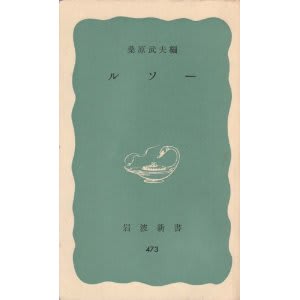Jean-Jacques Rousseau (French: [????ak ?uso]; 28 June 1712 ? 2 July 1778) was a Genevan philosopher, writer, and composer of the 18th-century. His political philosophy influenced the French Revolution as well as the overall development of modern political, sociological, and educational thought. He argued that private property was the start of civilization, inequality, murders and wars.
Rousseau's novel Émile, or On Education is a treatise on the education of the whole person for citizenship. His sentimental novel Julie, or the New Heloise was of importance to the development of pre-romanticism and romanticism in fiction. Rousseau's autobiographical writings?his Confessions, which initiated the modern autobiography, and his Reveries of a Solitary Walker?exemplified the late 18th-century movement known as the Age of Sensibility, and featured an increased focus on subjectivity and introspection that later characterized modern writing. His Discourse on the Origin of Inequality and his On the Social Contract are cornerstones in modern political and social thought.
Rousseau was a successful composer of music, who wrote seven operas as well as music in other forms, and made contributions to music as a theorist. During the period of the French Revolution, Rousseau was the most popular of the philosophes among members of the Jacobin Club. Rousseau was interred as a national hero in the Panthéon in Paris, in 1794, 16 years after his death.










